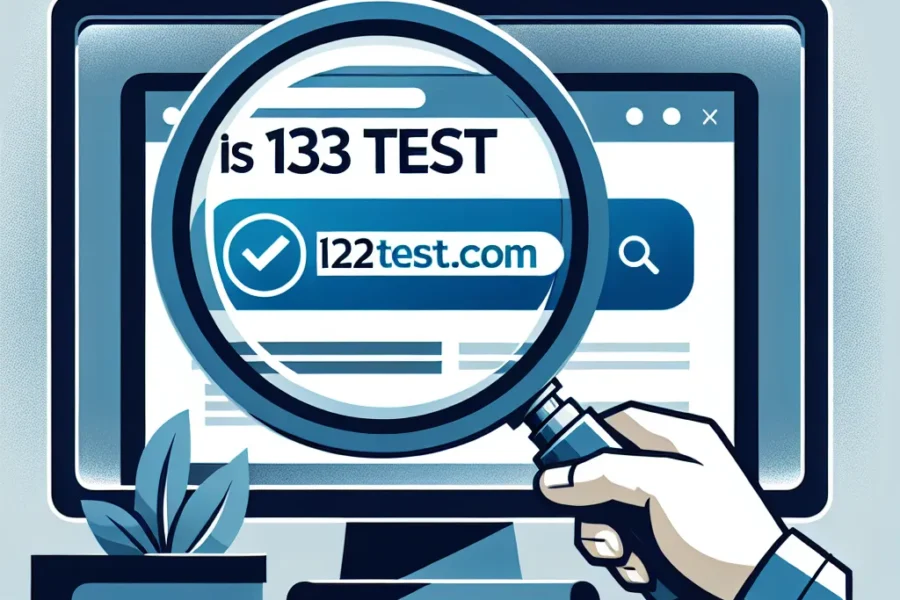Is Mensa.org Accurate?
When it comes to IQ tests, many people turn to Mensa.org to gauge their intellectual prowess. Mensa, the high IQ society, claims to be an organization that recognizes brilliant minds by offering a platform to identify and nurture intelligence. However, is the Mensa.org IQ Test really accurate? Does it stand up to scrutiny when compared to proctored, in-person IQ exams? Let’s delve into the issues surrounding the Mensa.org IQ Test, which lacks an easy-to-find g-factor study, norming data, and has garnered negative reviews on various platforms.
If you are looking for legitimate IQ Tests which pass the entry bar for Mensa, see our IQ Tests.
### Lack of g-Factor Study
One crucial aspect that the Mensa.org IQ Test lacks is an easily accessible g-factor study. The g-factor, or general intelligence factor, is a theoretical construct that underpins IQ tests and reflects overall cognitive ability. Reliable IQ tests, such as the Wechsler Adult Intelligence Scale (WAIS) or Stanford-Binet tests, offer comprehensive g-factor analysis as part of their results. These studies validate the consistency and reliability of the tests by demonstrating that they measure a single overarching cognitive ability.
However, Mensa.org does not provide an accessible g-factor study on their website, making it difficult for users to verify the robustness of the test. The absence of this fundamental component raises questions about the test’s ability to accurately measure innate intelligence. Without a g-factor study, users are left in the dark, unable to fully trust the results they receive.
### Norming Data Concerns
Norming data is another vital aspect of any reliable IQ test. It refers to the statistical data collected from a representative sample of the population to establish benchmarks for interpreting individual test scores. Reliable tests use extensive norming data to ensure that their results are accurate and meaningful. The absence of such data can lead to skewed or inaccurate results, making it difficult to determine where an individual stands in comparison to the general population.
Unfortunately, Mensa.org does not offer transparent access to its norming data. This lack of transparency raises concerns about the reliability and validity of the test. Users have no way of knowing if the norming data used by Mensa is representative of a diverse, global population or if it only reflects a narrow demographic. In the absence of this critical information, it becomes challenging for users to trust the accuracy of their IQ scores.
### Negative Reviews on Various Platforms
The credibility of an IQ test is also influenced by user reviews and feedback. Positive reviews can bolster confidence in the test’s accuracy, while negative reviews can raise red flags. Unfortunately, Mensa.org has received a fair share of negative reviews across various platforms. Many users have reported discrepancies in their test scores, with some receiving inconsistent results upon retaking the test.
Such inconsistencies cast doubt on the reliability of the Mensa.org IQ Test. Users have also expressed frustration over technical issues and the lack of clear instructions, further exacerbating their dissatisfaction. While it is essential to acknowledge that no test is perfect, the prevalence of negative feedback cannot be ignored. It suggests that the Mensa.org IQ Test may not be as accurate or user-friendly as one would expect from a reputable organization.
### Comparing Mensa.org to Proctored, In-Person IQ Exams
To truly understand the shortcomings of the Mensa.org IQ Test, it is crucial to compare it to proctored, in-person IQ exams. Traditional IQ tests administered by trained professionals offer a level of reliability and validity that online tests often struggle to match. These tests involve a controlled environment, standardized procedures, and the expertise of a qualified examiner.
Proctored IQ exams such as the WAIS or Stanford-Binet are designed to eliminate external influences and ensure that the results reflect an individual’s true cognitive abilities. They also provide comprehensive feedback, including detailed reports on various cognitive domains, which are invaluable for personal development and educational planning.
In contrast, online IQ tests, including those offered by Mensa.org, are more prone to external factors that can affect the results. Distractions, technical glitches, and the absence of proctoring can all lead to inconsistencies and inaccuracies. While online tests may provide a convenient way to get a rough estimate of one’s IQ, they should not be considered on par with professionally administered exams.
### Final Thoughts
In conclusion, while Mensa.org may offer a platform for individuals to test their intelligence, it falls short in several critical areas. The lack of an easily accessible g-factor study, norming data, and the prevalence of negative reviews all raise significant concerns about the accuracy and reliability of the Mensa.org IQ Test.
If you are serious about measuring your cognitive abilities and gaining valuable insights into your intelligence, it is advisable to consider proctored, in-person IQ exams administered by qualified professionals. These tests offer a level of precision that online tests, including those from Mensa.org, simply cannot match.
For those looking for legitimate IQ Tests that meet the entry requirements for Mensa, exploring alternative options that offer transparency, reliability, and professional oversight is crucial. This approach ensures that you receive results you can trust and use effectively for personal and professional growth.



Leave a Comment